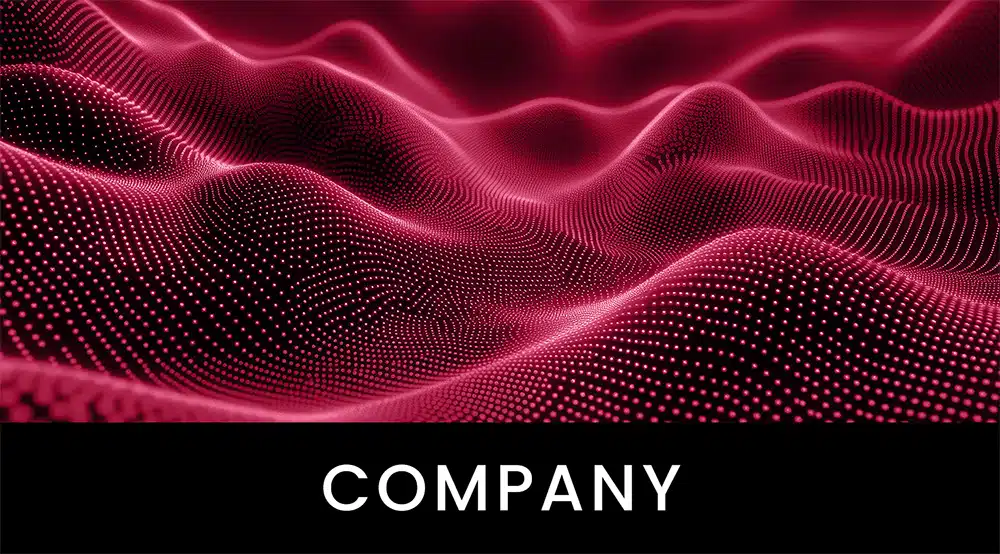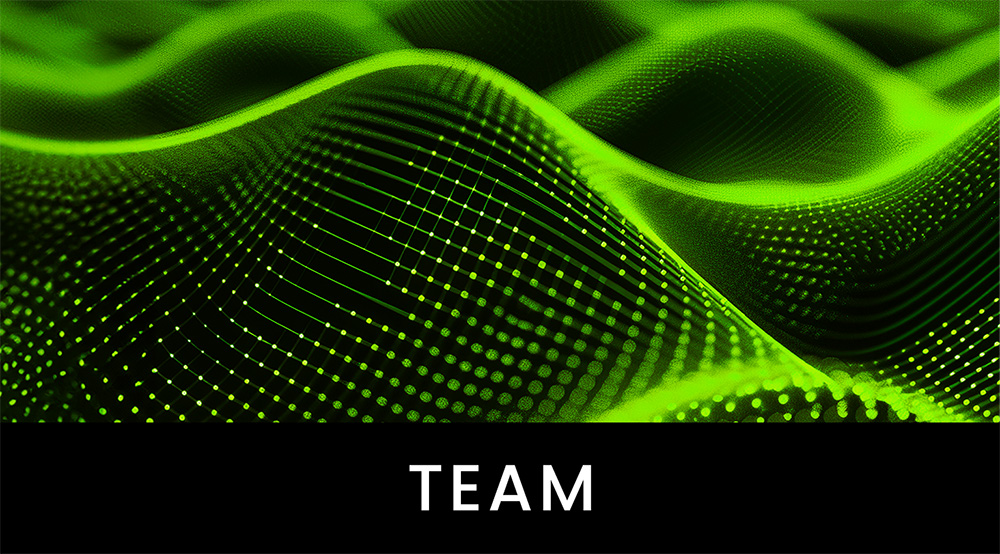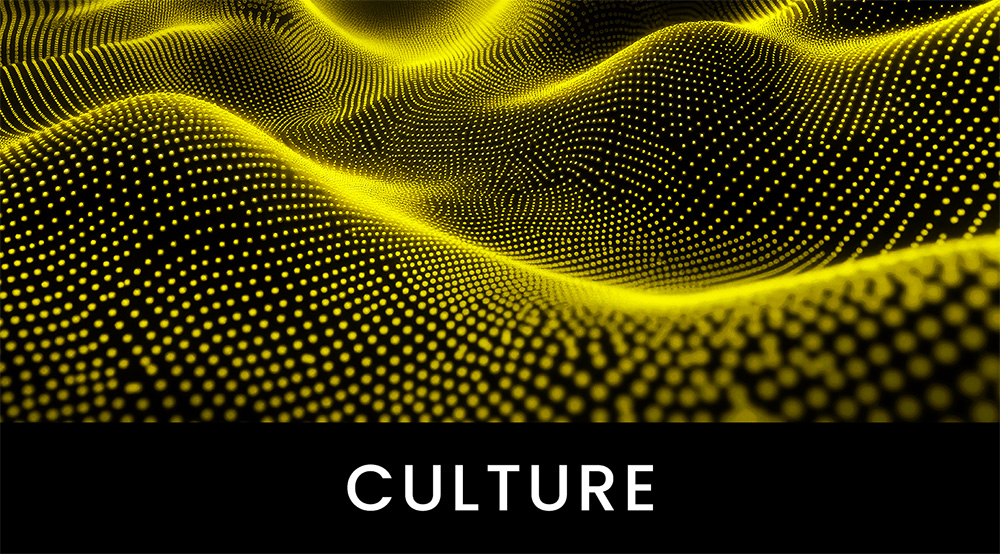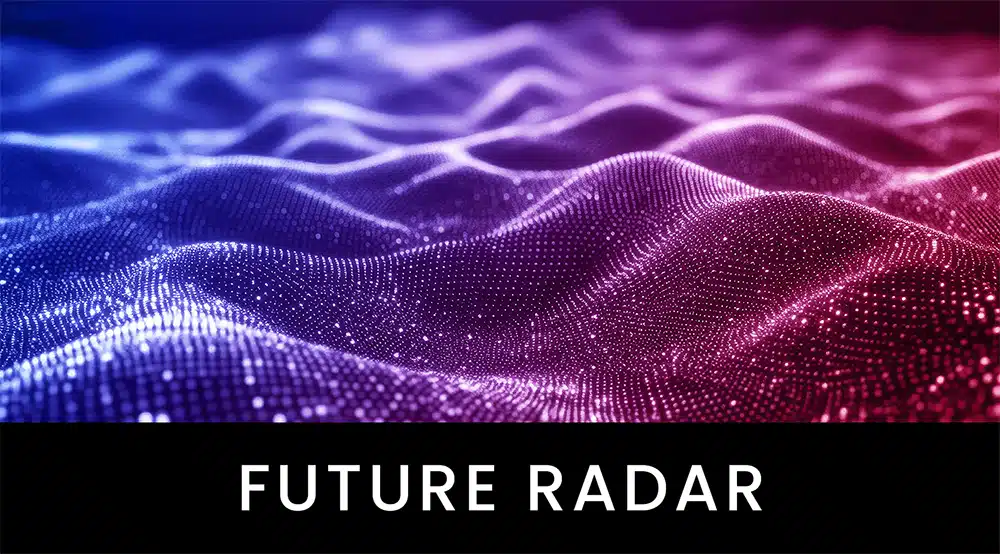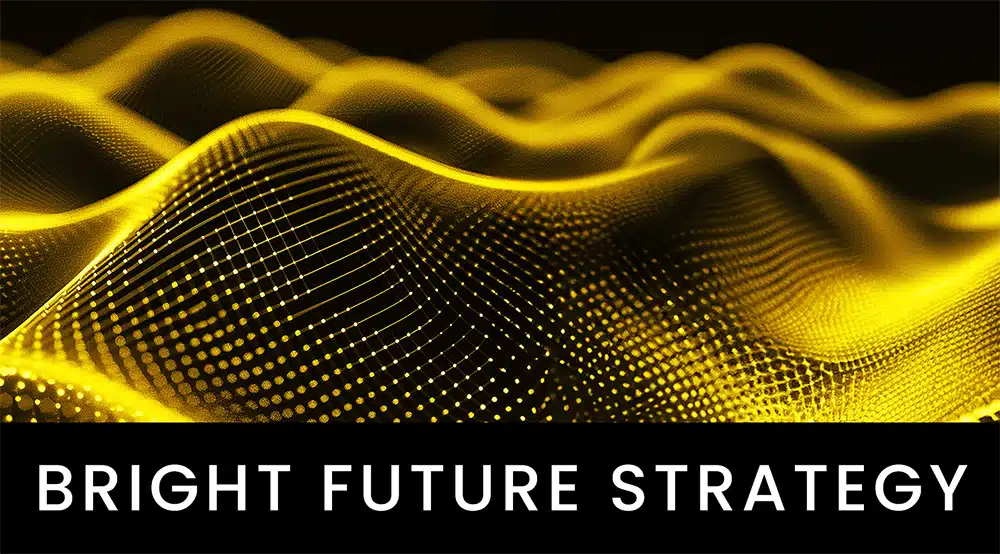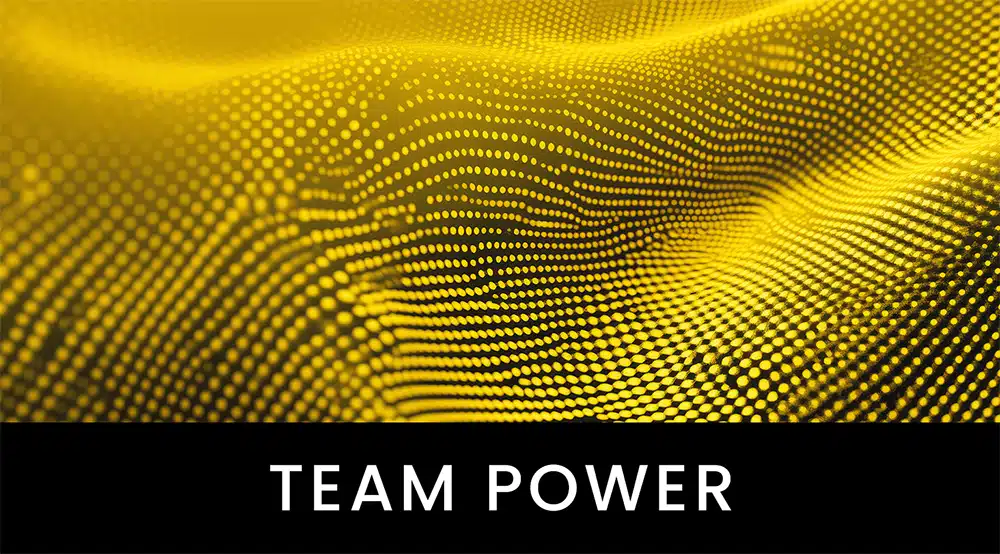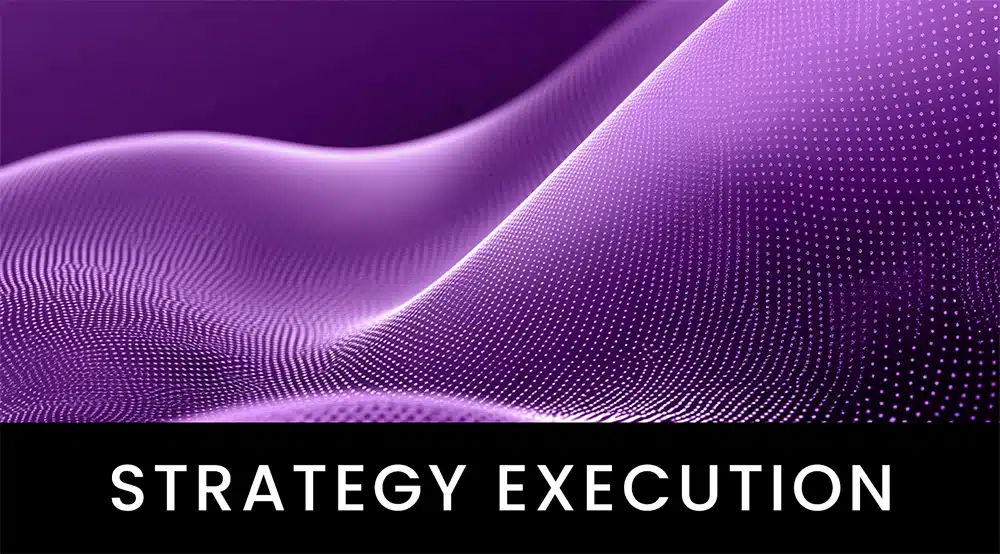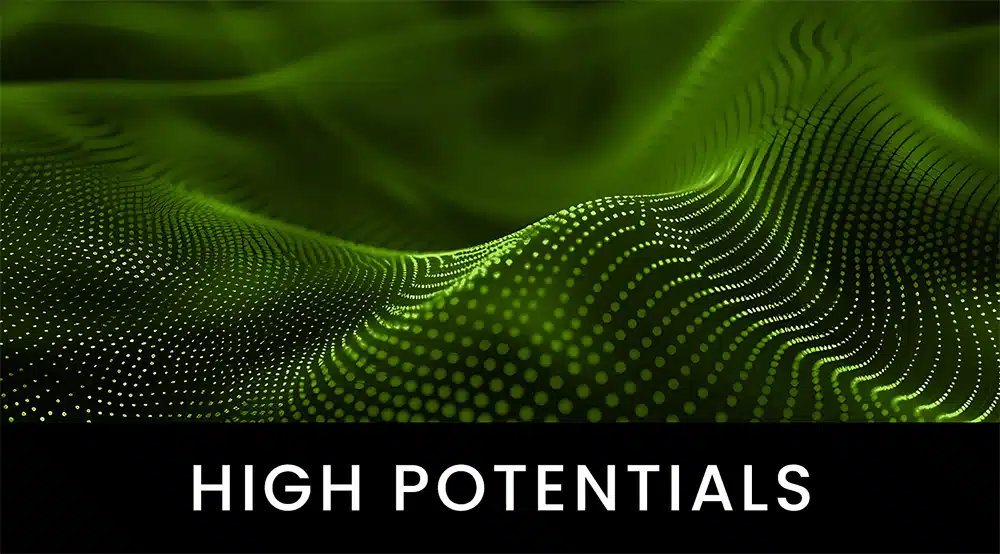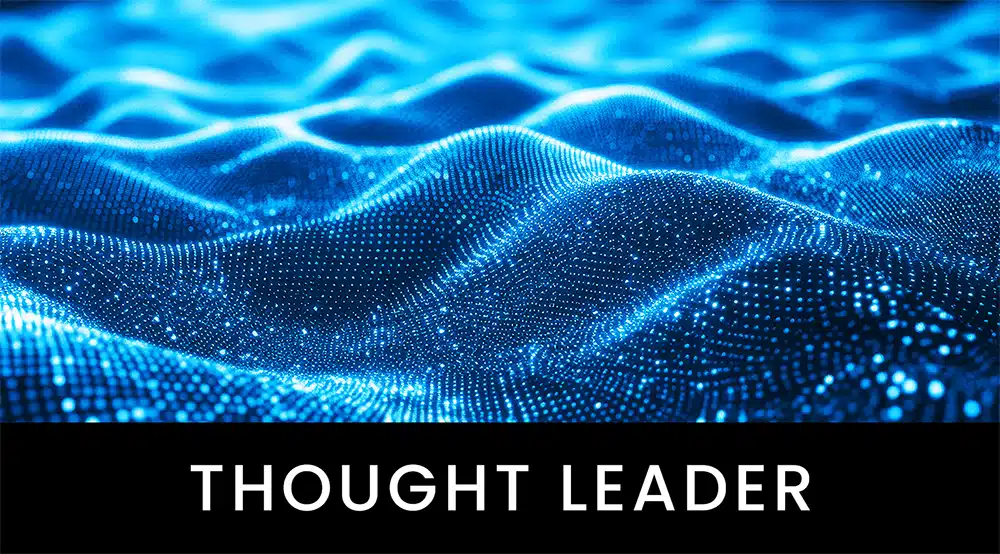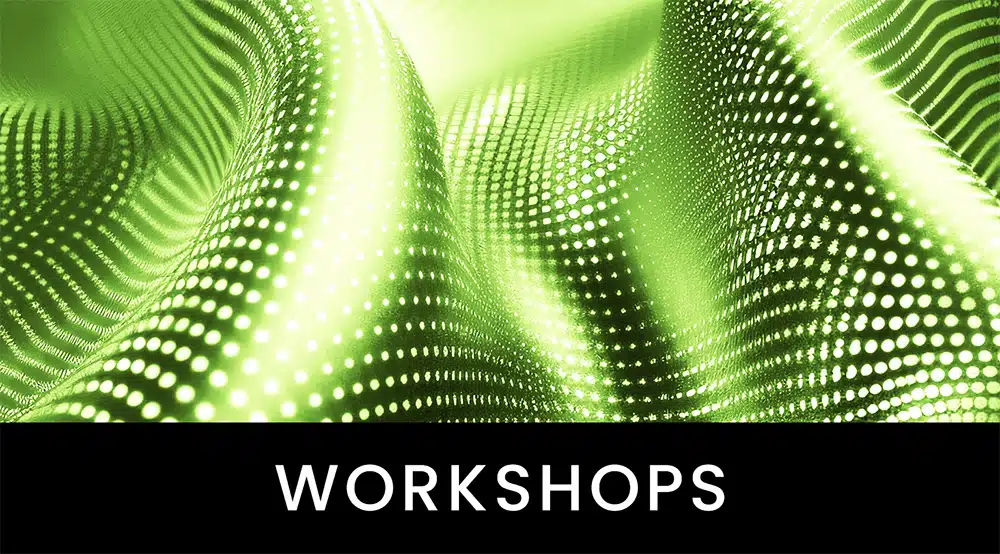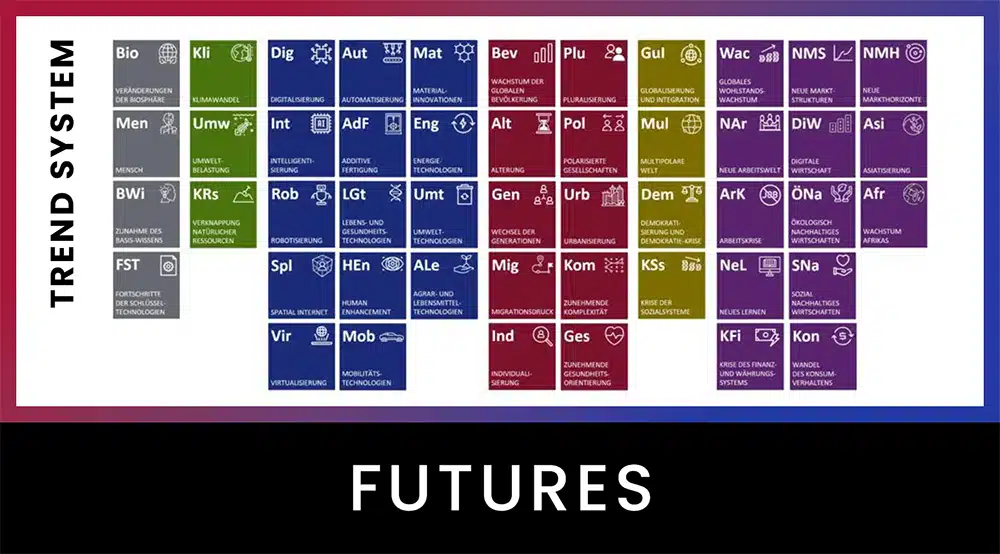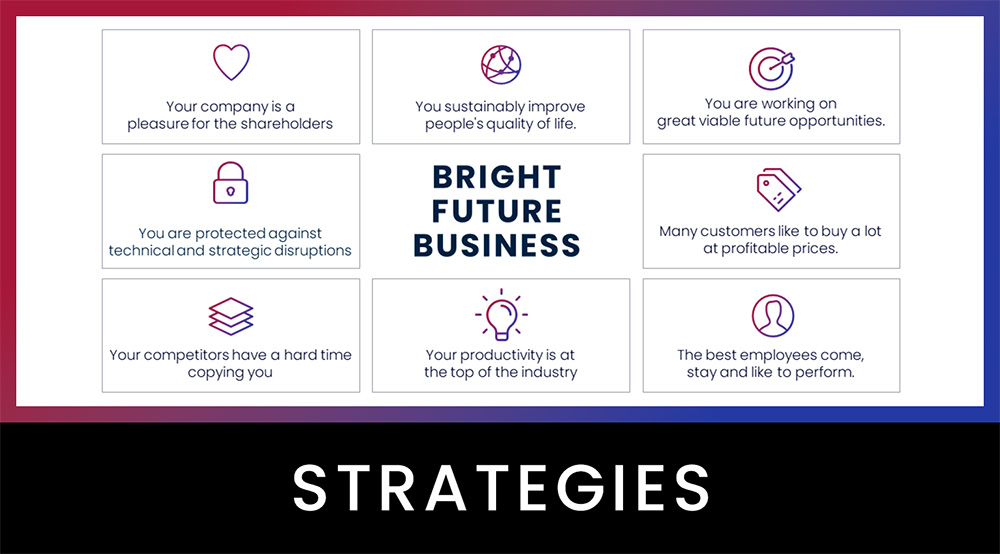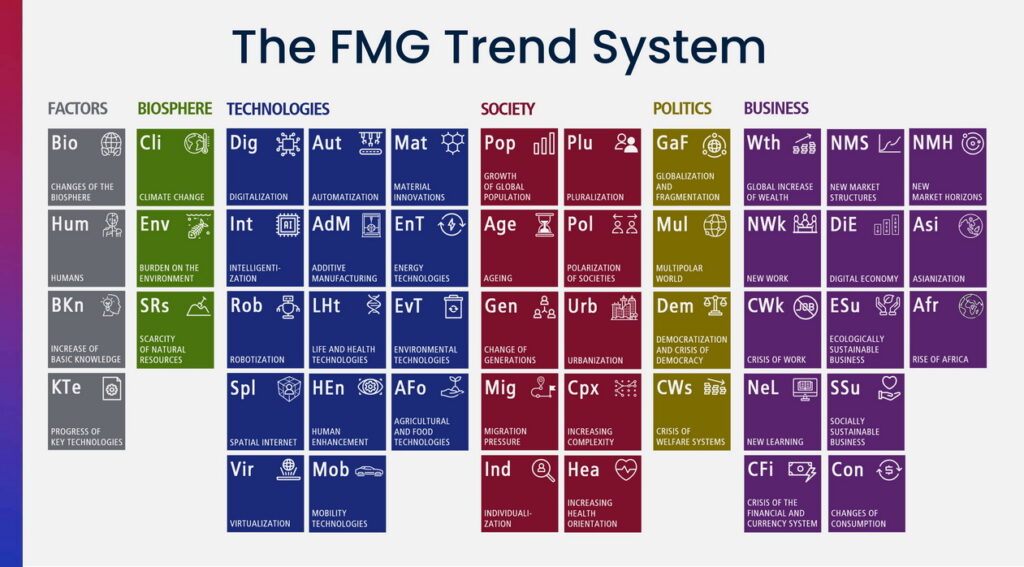Dr. Pero Mićić
ChatGPT scored a ‘2’ (or B) in the Bavarian high school diploma. Which is considered to be the hardest in Germany. The AI has become more intelligent …
Just three months ago, it had failed.
Here are the grades. The lower the number, the better the grade.

And now? How good will AI become in the foreseeable future?
AI intelligent? It does make mistakes!
Whenever I give presentations about how good AI already is and how much better it will become — something I started doing years ago — there’s always a flood of comments emphasizing what AI still can’t do today, how it makes mistakes, and how humans are still far more intelligent.
AI researchers themselves call it a “stochastic parrot.” ChatGPT doesn’t actually understand what it’s writing. In a way, that’s true. But: such comments regularly miss the point.
Although today’s capabilities are impressive, there are certainly still shortcomings. We’ve only had AI worthy of the name since around 2010 and fundamentally only since 2017 with the rise of generative transformer models like GPT, BERT, and others for text, and DALL-E for images, which is also based on GPT. In any case: We are still JUST AT THE BEGINNING! But the foreseeable future development will be exponential. Certainly not negative. It’s misleading and dangerous to focus on today’s shortcomings when making decisions.
I’m always amazed at how people deny ChatGPT’s proven abilities. What are tests like the high school diploma for, if not to prove cognitive skills? After all, we test millions of human students and graduates with it. It’s constantly claimed that the system merely reproduces existing instructions. That’s simply not true. ChatGPT comes up with new poems, song lyrics, and scenes for Harry Potter, incorporating characters who never had anything to do with Harry Potter. The transformer technology on which the new large models are based does not just reproduce existing texts. First, they have to understand the prompt, the input. In a recent presentation for the elevator company Schindler, I asked ChatGPT live what the number 4 has to do with elevators. The correct answer came promptly. In East Asia, many buildings do not have a 4th floor because the number 4 is associated with death. It doesn’t matter whether understanding is the same as human understanding. What matters is that the AI provides the correct answer and can explain it.
GPTs, or Generative Pretrained Transformers, determine the next word with the highest probability based on the prompt and what they have already said. That’s precisely the innovation. The G in Generative means they generate new statements. And let’s be honest, humans do pretty much the same thing when speaking and writing.
The important thing is not that AI still makes mistakes today. The important thing is that there is hardly anyone today who knows and can do so much in so many areas.
What is intelligence?
This question has seen a lot of research and even more opinions. Max Tegmark has given a practically useful definition in his book Life 3.0: “Intelligence is the ability to achieve complex goals.” I would add to this, the ability to set and achieve complex goals. In any case, if we are seeking an answer to the question of how quickly artificial intelligence will develop, my focus here is exclusively on cognitive intelligence. How well can AI systems answer and solve intellectual tasks? So, we are only talking about a part of human intelligence. I explicitly do not address whether AI is or will become self-aware, whether it can replace humans entirely, and whether it can empower itself to set and achieve complex goals. That would be a topic for another episode.
More intelligent AI: GPT4 passes series of difficult tests
Why has GPT-4 now passed the Bavarian high school final examination, while its previous iteration, GPT-3.5, failed? No, ChatGPT didn’t simply cram harder for the Bavarian high school exams. Not at all. These Transformer models don’t need to be trained specifically for individual tasks to be able to perform them. It’s a presumptuous thought to consider that OpenAI specifically trained its GPT for the Bavarian high school final exams. And even if it did, aren’t we training millions of humans to pass tests exactly like this? Isn’t this the official hallmark of quality of cognitive capabilities?
A system that’s merely “rhetorically gifted, but weak in content,” as one LinkedIn comment put it, doesn’t pass a series of the toughest entrance exams for higher education or professional licensing exams for doctors or lawyers. Here are some truly challenging tests that GPT-4 has recently passed. GPT-3.5 failed most of these tests not long ago. But GPT-4 has passed the majority.

The Graduate Record Exam (GRE) is the most widely used admission test for universities around the world. GPT-4 passed the verbal test with a score in the 99th percentile, meaning roughly 99% of the scores achieved by all participants, a significant improvement from the previous 63%. In the quantitative test, GPT-4 scored 80%, up from 25%, and in the writing test, it scored 54%, the same as before. The Uniform Bar Exam is a two-day test that law graduates in the US must pass in order to be appointed as a lawyer by a court. In this test, GPT-4 scored 90% of the points, a huge leap from the 10% achieved by GPT-3.5. It showed similar improvements in mathematics, statistics, biology, chemistry, and physics. Interestingly, GPT consistently fails in English literature. However, I am confident that this will improve over time.
Two things are astonishing: firstly, the performance of GPT-4, and secondly, the true appreciation of its capabilities only comes when you see how poorly GPT-3.5 performed in comparison. I see this as a clear, understandable proof of the incredible pace of development in artificial intelligence.
How do people manage to ignore all of this? Perhaps the answer is that they believe it’s all faked and all scientists are bought… Everything and everyone. Of course. And even if we take the most intelligent and educated people, they too will make mistakes, and in some cases, they might even make up answers or hallucinate.
Without AI, you will no longer be good at your job
GPT-4 also passed the US Medical Licensing Exam with flying colors, correctly answering over 90% of the questions. For a doctor to pass this exam, they need to spend four years in medical school and two years in an internship. A doctor from Harvard University presented GPT-4 with one of his most challenging cases for a retrospective diagnosis. And what he eventually figured out with many years of study and experience, GPT-4 diagnosed in just a few minutes: Congenital Adrenal Hyperplasia (CAH). This condition occurs in one out of 100,000 cases. I want to emphasize that GPT-4 was not trained as a doctor.
Seven years ago, in a video, I said that after a cancer diagnosis, I would only trust a doctor who uses AI that reads all medical articles related to my condition and, based on my genetic profile, recommends the first, second, and third-best therapy. The doctor should then verify and rationalize this information, but today I already do not trust any expert who does not use the best available tools.
Thousands of medical scientific articles are published every day. Every single day! How many of these articles did your doctor read yesterday? And understood? And identified potential contradictions? And remembered the content? And firmly integrated it into their treatment routines? Exactly! At best, one in ten doctors has read five articles. And hopefully, they’ve incorporated their new insights into their work. Virtually no doctor, and certainly nobody else in any profession, can keep up with the vast knowledge continually being generated. And yes, this applies to your job and your company too. Without technical assistance, specifically AI in this case, you won’t be able to maintain professional competence.
GPTs don’t need to know everything themselves
At their core, GPTs are not necessarily designed to know everything. Essentially and primarily, they are logic and thinking machines. Only secondarily are they knowledge machines. Their main function is to think and assist with thinking. Anyone who mocks a GPT for not knowing or being able to do something should be aware of an often overlooked fact: what an AI model like GPT doesn’t know, it can get through APIs, i.e., data and programming interfaces, from reliable data sources. AI will network with other reliable knowledge systems. This is already happening today. For example, ChatGPT already has a connection to Wolfram Alpha.

This is a platform that has been developed over decades and is very reliable for scientific information, and above all, for everything mathematical. It is the go-to knowledge platform for such information. Wolfram Alpha gives ChatGPT “computational super-powers”, as founder Stephen Wolfram says, equipping it with computer super abilities. Wolfram Alpha provides ChatGPT with an enormous amount of scientific knowledge of a solid quality. Within a few seconds, ChatGPT can solve any mathematical problem and also explain the solution process. This, of course, is also useful for all other mathematically driven fields of knowledge such as physics, biology, chemistry, economics, and so on.

The Khan Academy is a massive platform with videos on practically every subject one can learn in a school or college, and it’s free. This in itself is already an enormous help, especially for the poor and disadvantaged around the world. The Khan Academy now uses GPT-4 to offer learners an artificially intelligent tutor with perfect memory and infinite patience. In turn, ChatGPT will show the best-suited video for a given task. And eventually, it might even create a video specifically for you.
Now, imagine an AI that can tap into hundreds, if not thousands, of high-quality sources. Expedia for travel, Amazon for shopping, statistical offices for all current data, law databases for legal advice, and so on. And yes, then also with your CRM. ChatGPT already has a plugin for Zapier, which can be used to virtually connect all applications. When I talk about AI becoming all-knowing, it’s not because these AI systems need to know everything, but because they are, above all, thinking machines. They acquire detailed knowledge and capabilities in specialized disciplines from already existing specialized sources.
What now?
AI is not just some important technology. Our human brain is the most powerful tool on this earth. With it, we have created this world. And AI extends this most potent tool. Therefore, AI is not just one of many relevant technologies, but THE MOST IMPORTANT technology.
Do not be deterred by the many cynics who primarily focus on the errors and shortcomings in ChatGPT & Co. That is short-sighted.
AI will never again be as flawed as it is today. AI will develop in performance and quality faster than most people can imagine. I will show how quickly AI will develop in another episode. The AI that knows more and can do more cognitively in practical application than all humans combined is within sight. In contrast, we humans will develop our cognitive abilities extremely slowly.
AI ultimately changes everything in your business. Every product, every service, every process, and every project. Either in your company for you or only in your competitors against you. Those who still want to buy time with criticism of today’s errors are harming themselves.
As an entrepreneur and employee, you need a future strategy, with an AI strategy. Because you can’t keep up with everything, you must have an AI strategy. Your future strategy for your company must take AI as a critical factor into account. No company and no employee can afford to ignore AI. I repeat, no company. Not even the smallest companies. No matter in which industry.
We are happy to support you in developing your future strategy with AI. We developed the first AI-based future strategies with our clients almost 20 years ago. Yes, we now also do this for small companies.
If you want to develop a motivating, but realistic and intelligent future strategy for your company, we will be happy to show you how to do it. We have been developing and implementing future strategies for over years.
Just follow these links:
► The Future Strategy Program for SMEs
► Free video crash course THE FUTURE OF YOUR BUSINESS
► BUSINESS WARGAMING for robust business and future opportunities
► KEYNOTES by Pero Mićić for your employees and customers
Have a bright future!
Placeholder

